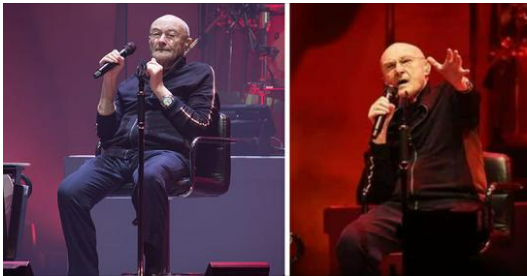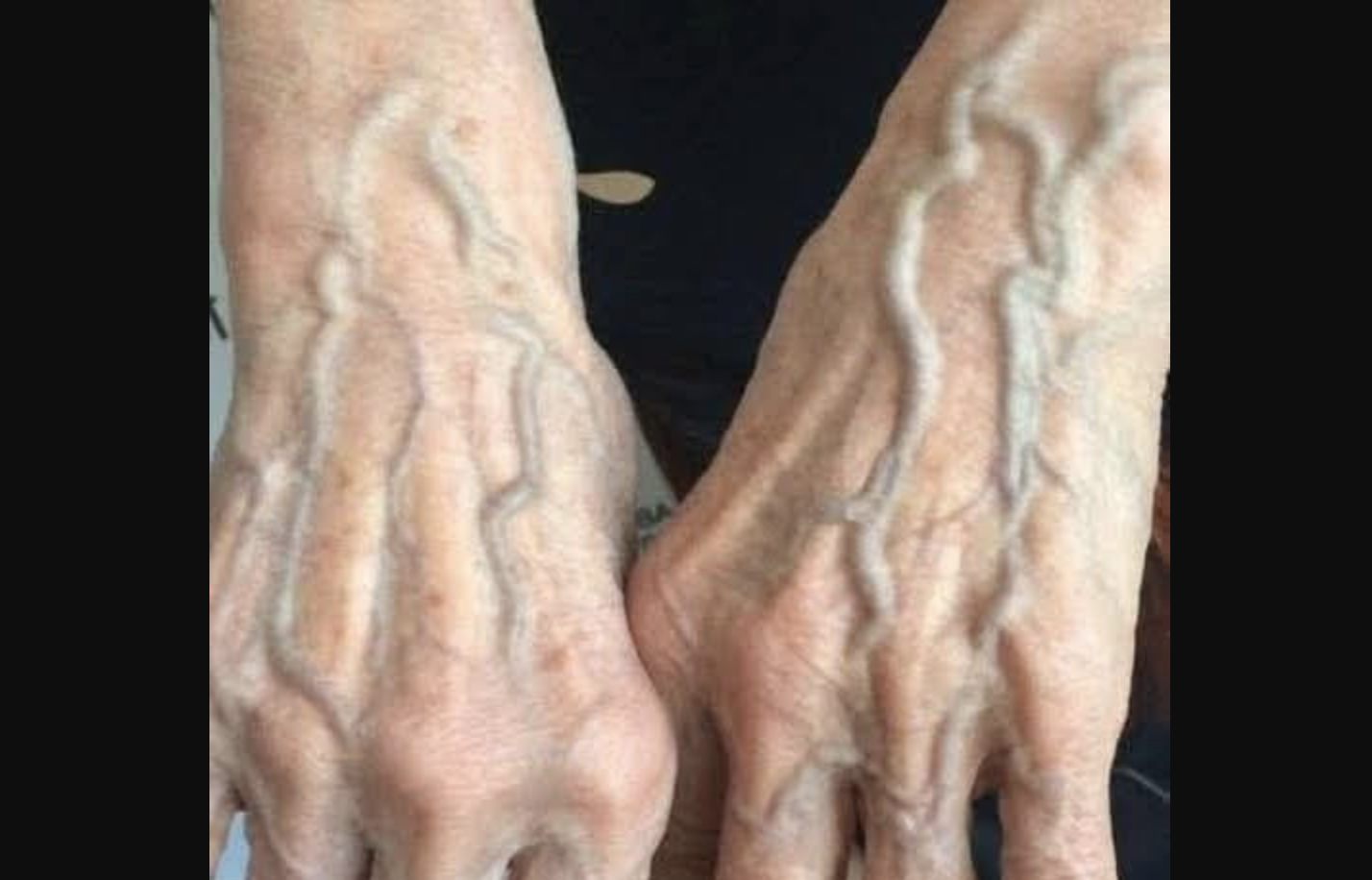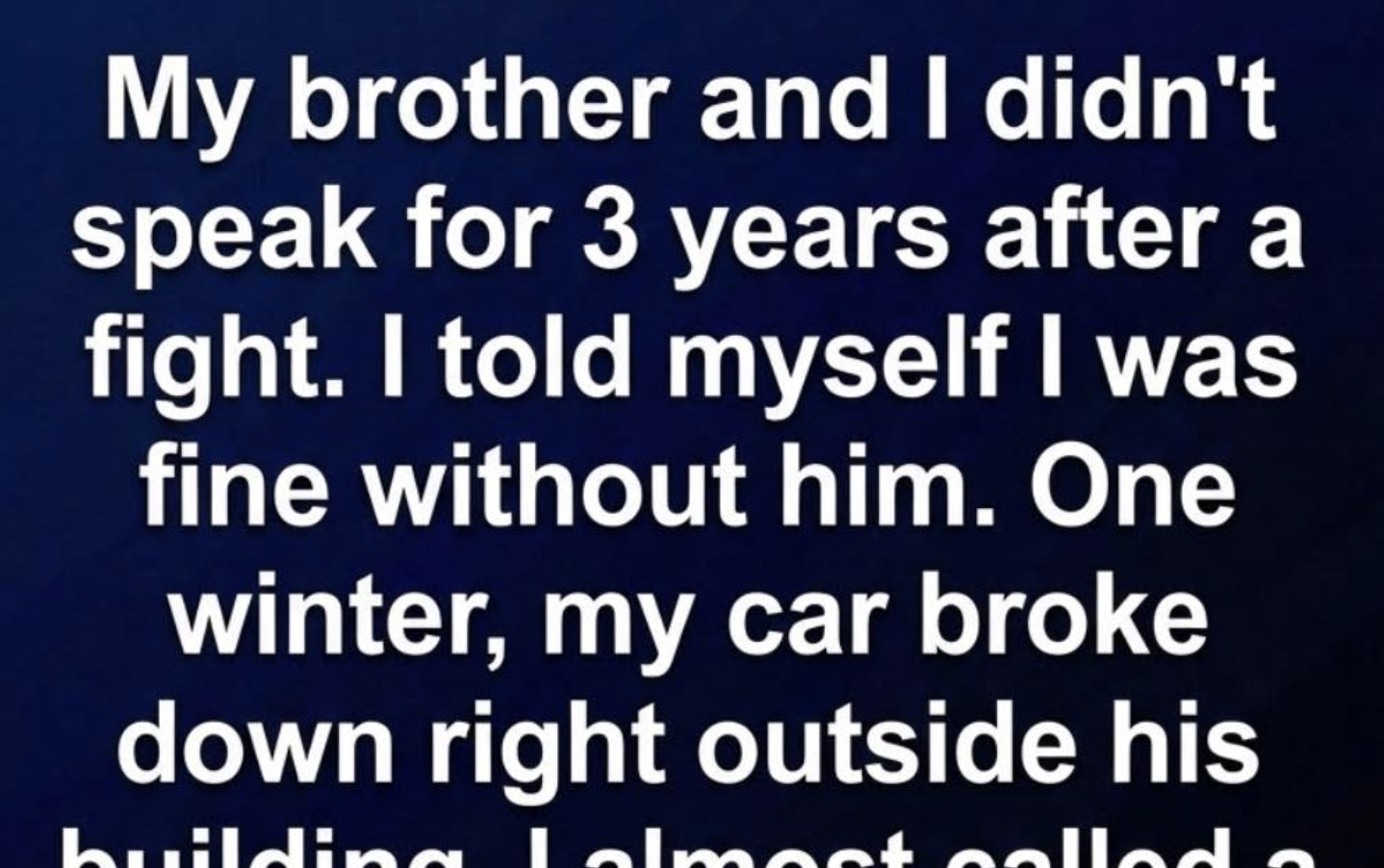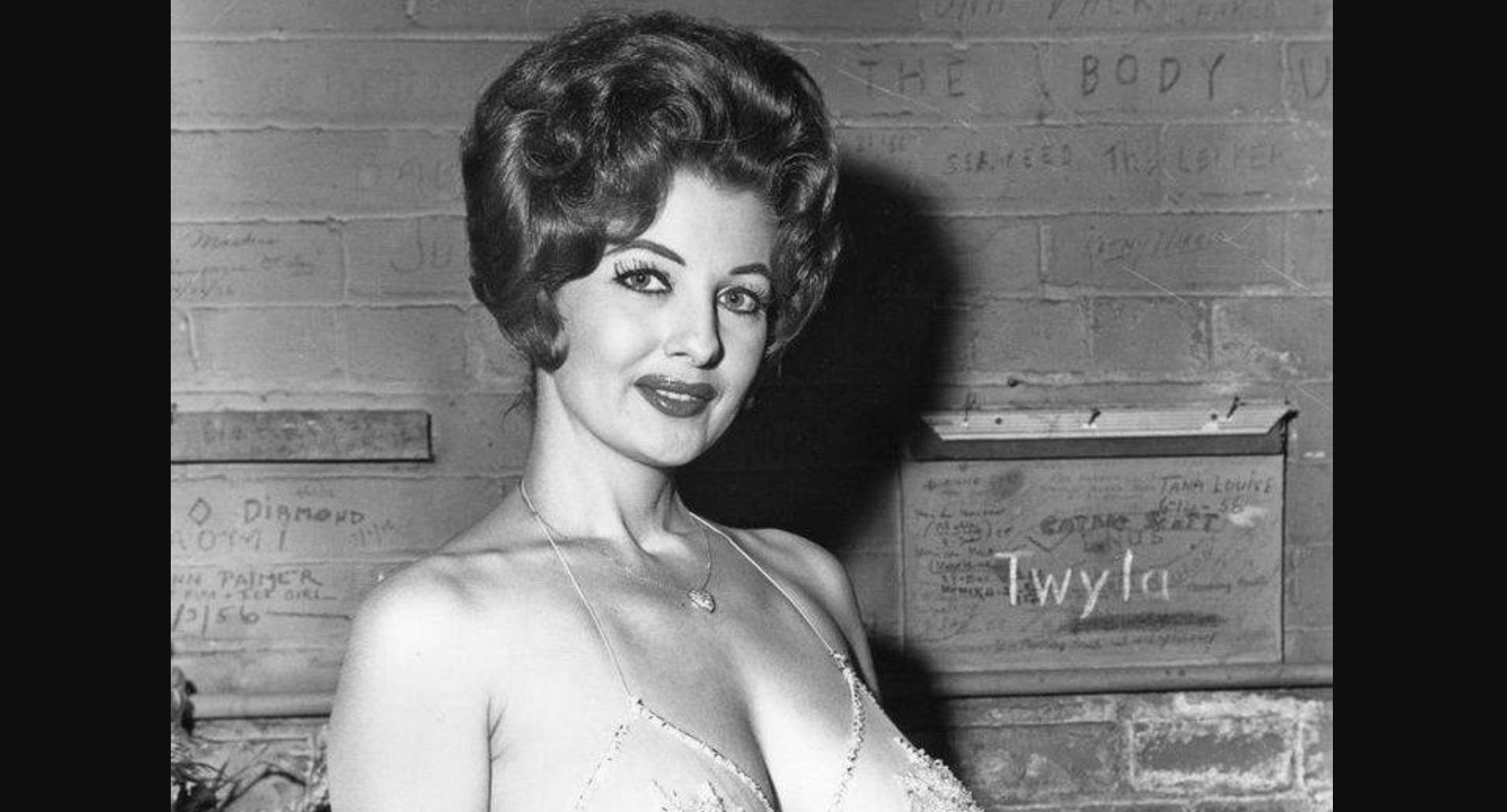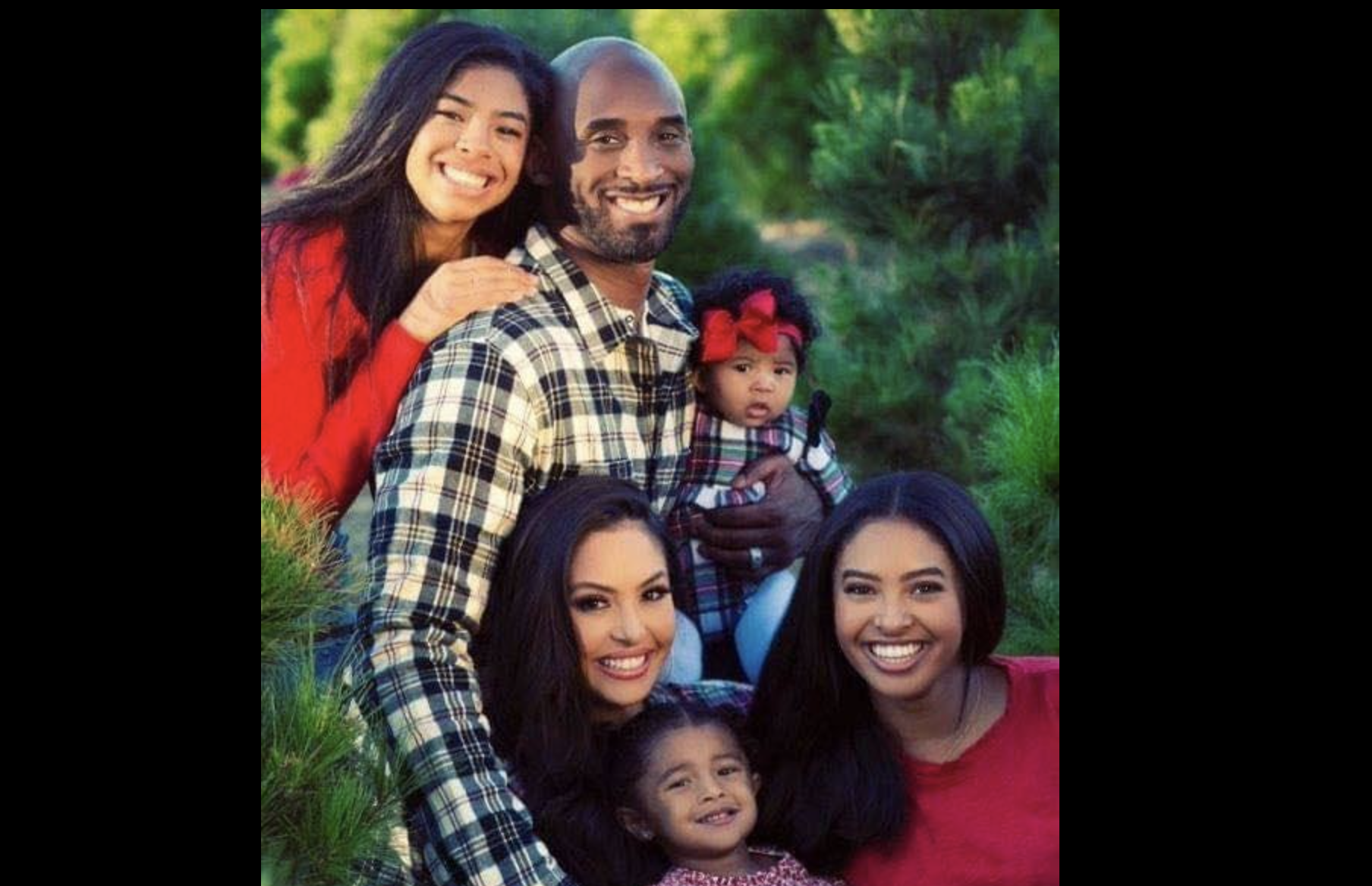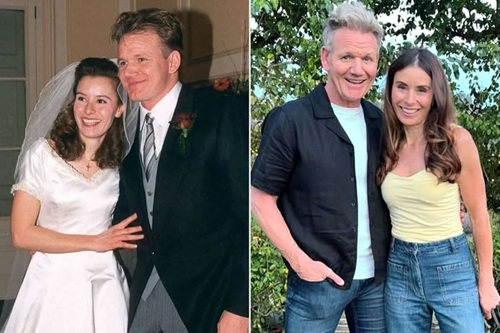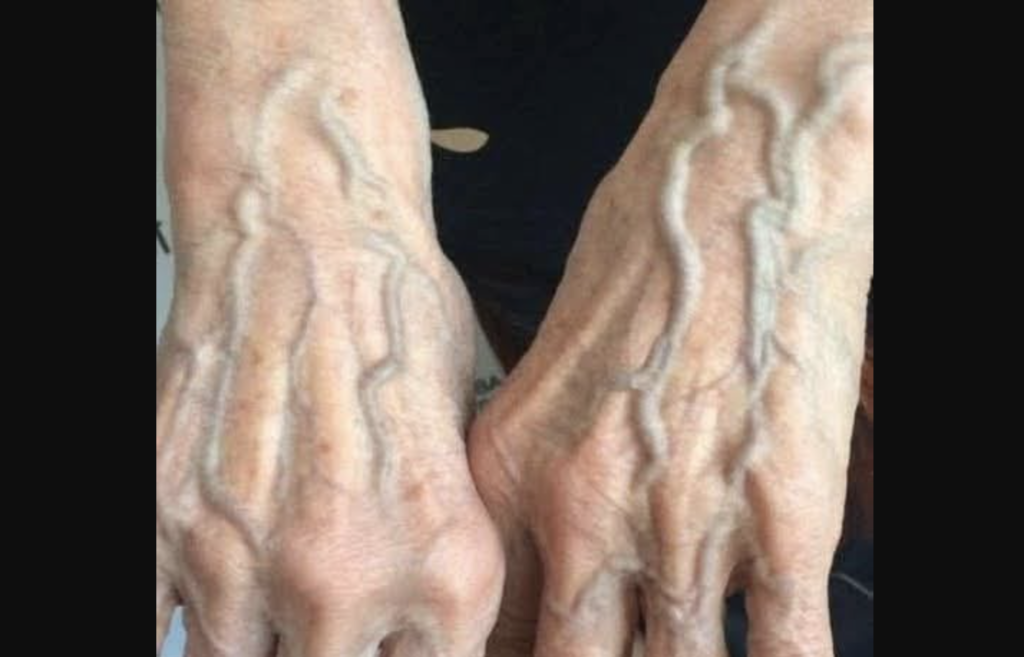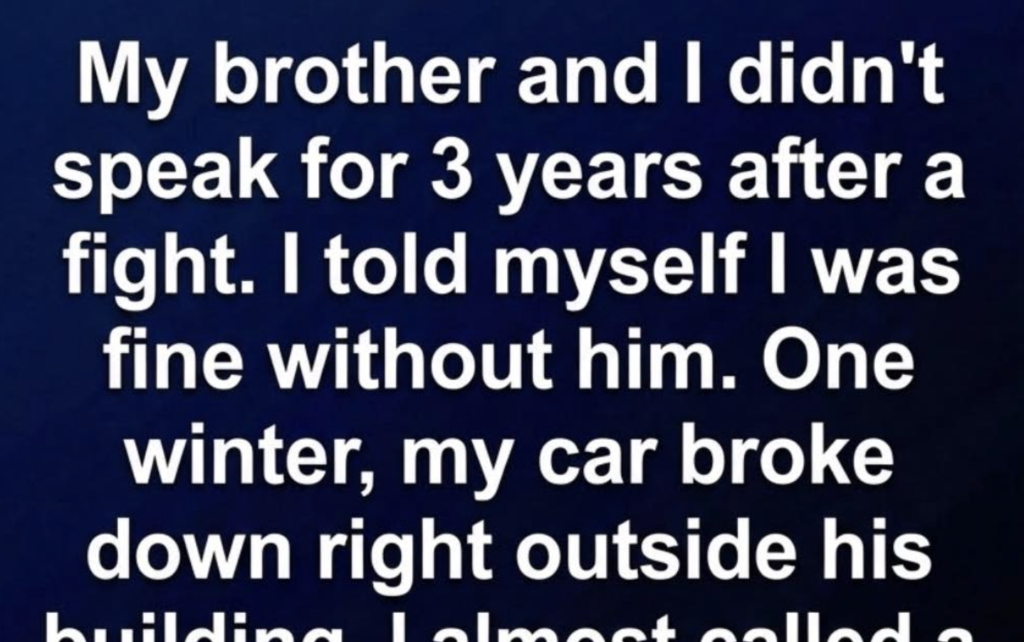Phil Collins is one of the most successful artists of all time, rivaled only by big names like Paul McCartney and Michael Jackson in terms of record sales.
However, his fans around the world were left heartbroken after he bid farewell in an emotional final concert, joking that he would now need to find “a real job.”
Amid ongoing health issues, Collins bowed out from four decades of performing at his final show at London’s O2 Arena, joined on stage by his Genesis bandmates, Mike Rutherford and Tony Banks.
The band had reunited for their ‘The Last Domino?’ Tour, which had been postponed due to COVID-19. This final tour marked the end of a 14-year hiatus from live performances.
After the show, a noticeably frail Collins stood with his bandmates and joked to the crowd, “After tonight we’ll all have to get real jobs.”
In April 2009, Collins had surgery to repair dislocated vertebrae in his upper neck, an injury sustained while drumming on the 2007 Genesis tour.
Following the operation, he lost feeling in his fingers and could only grip drumsticks if they were taped to his hands. He has been using a cane since 2015. His health issues led to depression and low self-worth. Last September, he admitted he could barely hold a drumstick and that his son Nicholas Collins would take over drumming duties.
Speaking on the BBC Breakfast Show, the legendary musician hinted that this might be his last tour.
“I’d love to, but you know, I can barely hold a stick with this hand. So there are certain physical things that get in the way,” he said, adding that it might be the last time he ever tours.
“We’re all men of our age, and I think to some extent, it probably is putting it to bed,” Collins said. “I don’t know if I want to go out on the road anymore.”
His musical talent makes it hard to believe that Collins started as a child actor, securing his first major role as the Artful Dodger in the West End musical Oliver!
Six years later, in 1970, he joined the band Genesis as their drummer and became the lead singer in 1975 following Peter Gabriel’s departure.
At 19 years old, Collins responded to an ad in the paper from the band looking for a drummer.
After securing his new job, the band went from strength to strength, releasing five studio albums and touring the US. After lead singer Peter Gabriel left, the band auditioned 400 replacements, with Collins eventually taking the role.
“I felt exposed. I’d lived all my life behind the security blanket of a drum kit, and suddenly there was nothing except a microphone stand,” Phil Collins told LouderSound about becoming the band’s lead singer.
“And the band sounds different from out front. You hear a different kind of balance out front, and it isn’t comfortable. And I didn’t want the job, frankly.
“I wanted to stay the drummer. We had people down every Monday [auditioning], five or six people, and I would teach them what they had to do. We were writing A Trick Of The Tail, and I would teach them some old songs—Firth Of Fifth or whatever—and I ended up sounding better than anyone else,” he added.
“And this [Genesis] was kind of a family. ‘Do we want this person in our family? Will he fit in with the way we do things?’ Anyway, we didn’t find anybody and ended up with me.”
He went solo in the ’80s and became one of the decade’s most successful pop singers. He hit the headlines after performing at two fundraising shows for Africa within hours of each other.
Live Aid raised more than $150 million for famine relief in African nations, organizing one show at Wembley Stadium, where Collins performed. He then hopped on Concorde and flew to Philadelphia to perform at the benefit a few hours later.
He returned to acting, appearing in Miami Vice and starring in the movie Buster, where he played the lead role in the story of the Great Train Robbery. The soundtrack featured two singles from Collins that topped the Billboard Hot 100 singles chart.
The 71-year-old, who performed his final show sitting down, admitted last year that he doesn’t practice at home.
“I don’t do anything at all. I don’t practice singing at home, not at all. Rehearsing is the practice,” Collins told the Guardian in September.
“These guys are always having a go at me for not, but I have to do it this way. Of course, my health does change things, doing the show seated changes things. But I actually found on my recent solo tours, it didn’t get in the way; the audience was still listening and responding. It’s not the way I would have written it, but it’s the way that it is,” he continued.
Collins will forever be loved for his mountain of work over the decades, whether he can tour or not. We wish him well.
